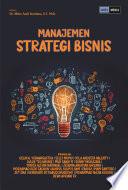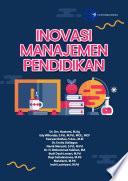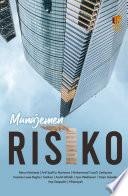
Digital Entrepreneurship : Strategi Wirausaha di Dunia 5.0
Buku ini membahas transformasi dunia bisnis yang dipicu oleh perkembangan teknologi dan era 5.0, di mana manusia dan teknologi digital berkolaborasi untuk menciptakan nilai baru. Buku ini dimulai dengan pengenalan tentang revolusi dunia 5.0 dan dampaknya pada wirausaha, diikuti oleh pembahasan tentang fondasi wirausaha digital, termasuk keterampilan dan pola pikir yang diperlukan untuk sukses. Dalam bab berikutnya, dijelaskan strategi transformasi digital, mulai dari memahami pelanggan hingga memanfaatkan platform digital. Model bisnis inovatif berbasis teknologi juga diuraikan sebagai panduan bagi pembaca untuk mengadaptasi usahanya. Buku ini juga menyoroti pentingnya manajemen risiko digital dan keamanan siber untuk melindungi bisnis di era yang semakin kompleks. Di akhir, tren masa depan seperti metaverse dan Web3 disajikan sebagai peluang besar bagi wirausaha yang siap beradaptasi dan berinovasi.
- ISBN 13 : 6238677716
- ISBN 10 : 9786238677719
- Judul : Digital Entrepreneurship : Strategi Wirausaha di Dunia 5.0
- Pengarang : Riski Eko Ardianto, S.E., M.M., M. Mustaqim, S.E., M.M., Pipit Sundari, S.E., M.M.,
- Kategori : Antiques & Collectibles
- Penerbit : Takaza Innovatix Labs
- Bahasa : id
- Halaman : 97
- Google Book : http://books.google.co.id/books?id=--RMEQAAQBAJ&dq=intitle:Wirausaha+dan+Inovasi+Bisnis+Digital+/+Entrepreneurship+and+Business+Innovation&hl=&source=gbs_api
-
Ketersediaan :
... Innovation and Exploration in Digital Entrepreneurship. Jurnal Inovasi dan Teknologi Bisnis, 6(4), 23-40. Rachmawati ... Business. Jurnal Manajemen dan Bisnis Digital, 8(2), 12-28. Rahmawati, L., & Sutopo, M. (2019) ...









